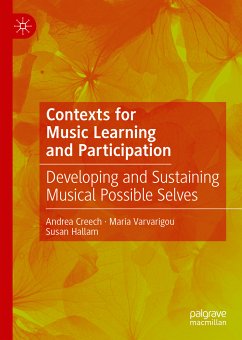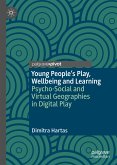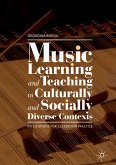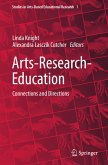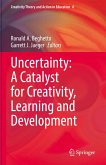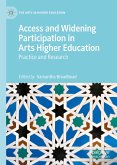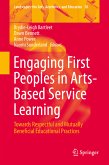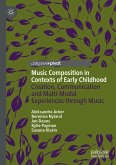Susan Hallam is Professor Emerita at the UCL Institute of Education, UK. Her research interests in music include practising, performing, musical ability, musical understanding and the wider impact of engagement with music.
Andrea Creech is Professor of Didactique Instrumentale at the Faculty of Music, Université Laval, Canada, where she holds a Canada Research Chair in music in community. Her current research and teaching focuses on collaborative learning, music for social development, and creative ageing in and through music.
Maria Varvarigou is Lecturer in Music at Mary Immaculate College, Ireland. Her research interests focus on playing by ear and informal learning, intergenerational music making and choral conducting education.
This book sets out a contemporary perspective on music education, highlighting complex intersections between informal, non-formal and formalpractices and contexts. At a time when the boundaries between music learning and participation are increasingly blurred, this volume is distinctive in challenging a 'siloed' approach to understanding the diverse international music education landscape. Instead, the book proposes a multi-layered continuum of practices that can be applied across a range of formal, informal or non-formal concepts to support the development of musical possible selves. It challenges existing conceptions of learning in music education in part by drawing on research in adult learning, but also by considering the contexts in which learning takes place, and the extent to which this learning can be classified as formal, informal or non-formal.
Dieser Download kann aus rechtlichen Gründen nur mit Rechnungsadresse in A, B, BG, CY, CZ, D, DK, EW, E, FIN, F, GR, HR, H, IRL, I, LT, L, LR, M, NL, PL, P, R, S, SLO, SK ausgeliefert werden.

